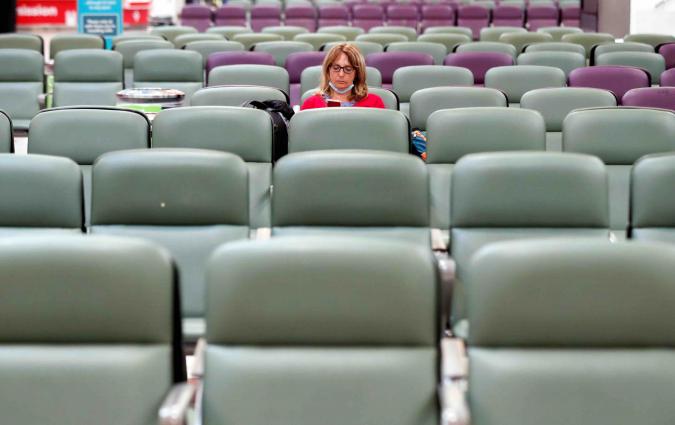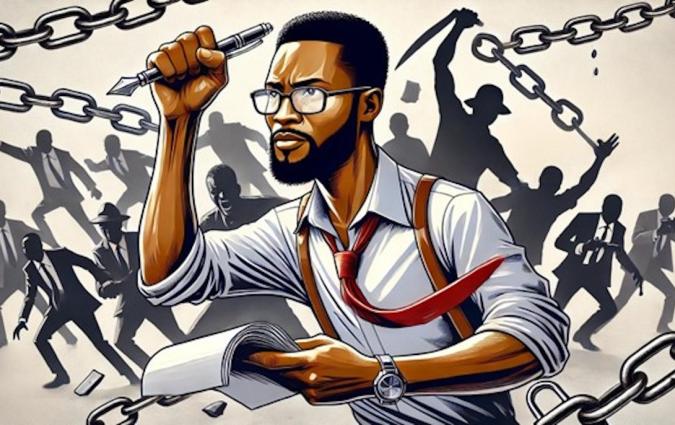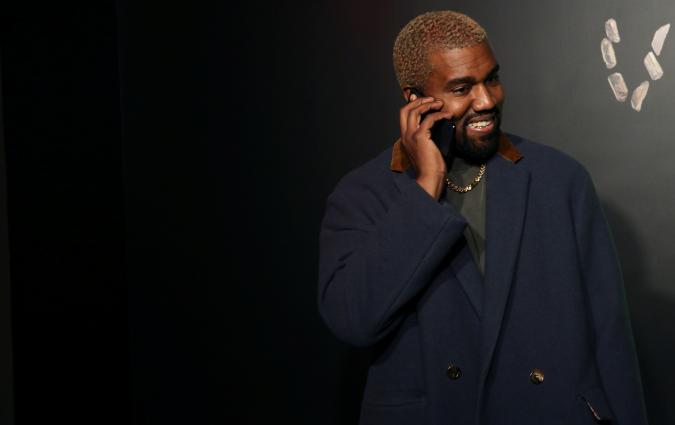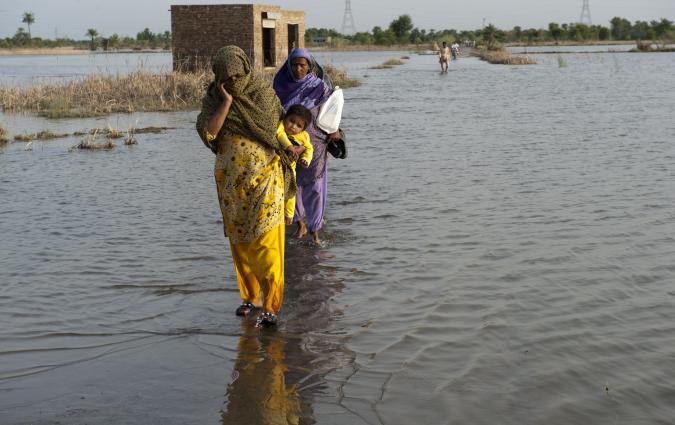Does the Watchdog Bark? The European Union, the Greek Debt Crisis and the Press

Reuters Institute Fellow's Paper
Cristina Marconi, an Italian print journalist who has worked out of Brussels since 2006, has turned her forensic attention to the role that the press in Europe has played, or has failed to play, in holding EU institutions to account.
In her study, ‘Does the watchdog bark? The European Union, the Greek debt crisis, and the press’, Cristina takes as her starting point the view that two ‘elephants in the room’ – the fault lines in the Greek economy and the lack of credible economic governance of the single EU currency - had not been noticed for many years, despite the huge amount of press coverage that the EU receives.
She also argues that since the beginning of the Greek debt crisis, ‘for the first time, the communitarian ideal has been eclipsed by a race to appease the markets, focusing on the need for an urgent response to the crisis, and not on the quality of EU intervention. And, surprisingly, what has been lacking is a call for more accountability on the part of the European institutions themselves.’ Cristina first tries to ‘psychoanalyse’ the attitudes of three countries during the crisis by discussing what was written in their newspapers from the end of 2009 to May 2010. She describes Italy as ‘epitomising the traditional continental pro-European point of view’, France where the coverage has been particularly good although now it often 'focuses on competition with Germany'; and the UK which has a ‘less dogmatic point of view on European affairs’. She interviews a range of Brussels-based correspondents writing for prominent newspapers, including La Repubblica, Il Sole-24 Ore, Le Monde, Libération, the Financial Times, Daily Telegraph and The Economist. The context is that ‘the debt crisis is forcing the press to express an infinite series of extremely technical and often byzantine policies that directly affect to an unprecedented scale the lives of EU citizens’.
Cristina has a bold conclusion. She writes that if the EU is going to survive, it has to change its shape and become much more transparent and closer to its citizens through a genuine demonstration of its willingness to act in a transparent way. She argues that this can only happen ‘if the press gets rid of its prejudices – first of all the uncritical ones – and starts questioning in a tougher way the behaviour of the EU institutions. EU reporting has to enter a new phase where some more fundamental questions are raised irrespective of the received wisdom on Europe, both on the Eurosceptic and on the Europhile side. The national bias has to leave some space to the scrutiny of the EU itself.
As with all Fellows’ research papers, any opinions expressed are those of the author and not of the Institute.
Image: REUTERS/Alkis Konstantinidis






